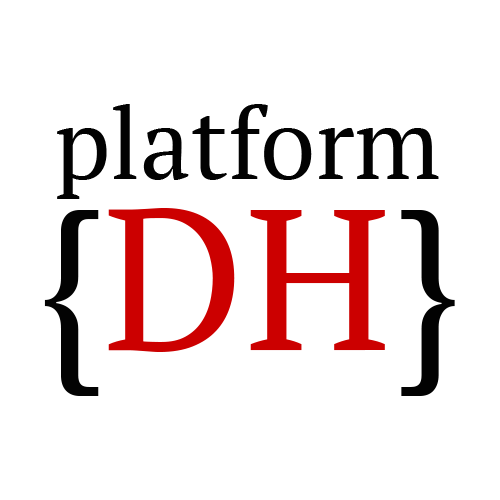INSIGHT Launch Event: AI and the Linking of Digital Heritage Data
Musical Instruments Museum Hofbergstraat 2, Brussels, BelgiumThe recently started BELSPO-funded INSIGHT project (Intelligent Neural Systems as Integrated Heritage Tools) organizes a launch event on 9 November 2017. This event will take the form of an afternoon of plenaries by internationally recognized speakers on topics relating to Artificial Intelligence, Heritage data and Digital Art history.

